The term 'health equity' means different things to different people. It's about access to medical care — but not only access to medical care.
Julie Rovner is chief Washington correspondent and host of KFF Health News' weekly health policy news podcast, "What the Health?" A noted expert on health policy issues, Julie is the author of the critically praised reference book "Health Care Politics and Policy A to Z," now in its third edition.
The term "health equity" means different things to different people. It's about access to medical care — but not only access to medical care. It's about race, ethnicity, and gender; income, wealth, and class; and even geography — but not only those things. And it's about how historical and institutional racism, manifested in things like over-policing and contaminated drinking water, can inflict health problems years and even generations later.
In a live taping on Sept. 6 at the Texas Tribune Festival, special guests Carol Alvarado, the Texas state Senate's Democratic leader, and Ann Barnes, president and CEO of the Episcopal Health Foundation, along with KFF Health News' Southern bureau chief Sabriya Rice and Midwest correspondent Cara Anthony, joined KFF Health News' chief Washington correspondent, Julie Rovner, to discuss all that health equity encompasses and how current inequities can most effectively be addressed.
Anthony also previewed "Silence in Sikeston," a four-part podcast and documentary debuting this month exploring how a history of lynching and racism continues to negatively affect the health of one rural community in Missouri. Panelists Related StoriesAlso mentioned on this week's podcast, from KFF Health News' "Systemic Sickness" project:
United Kingdom Latest News, United Kingdom Headlines
Similar News:You can also read news stories similar to this one that we have collected from other news sources.
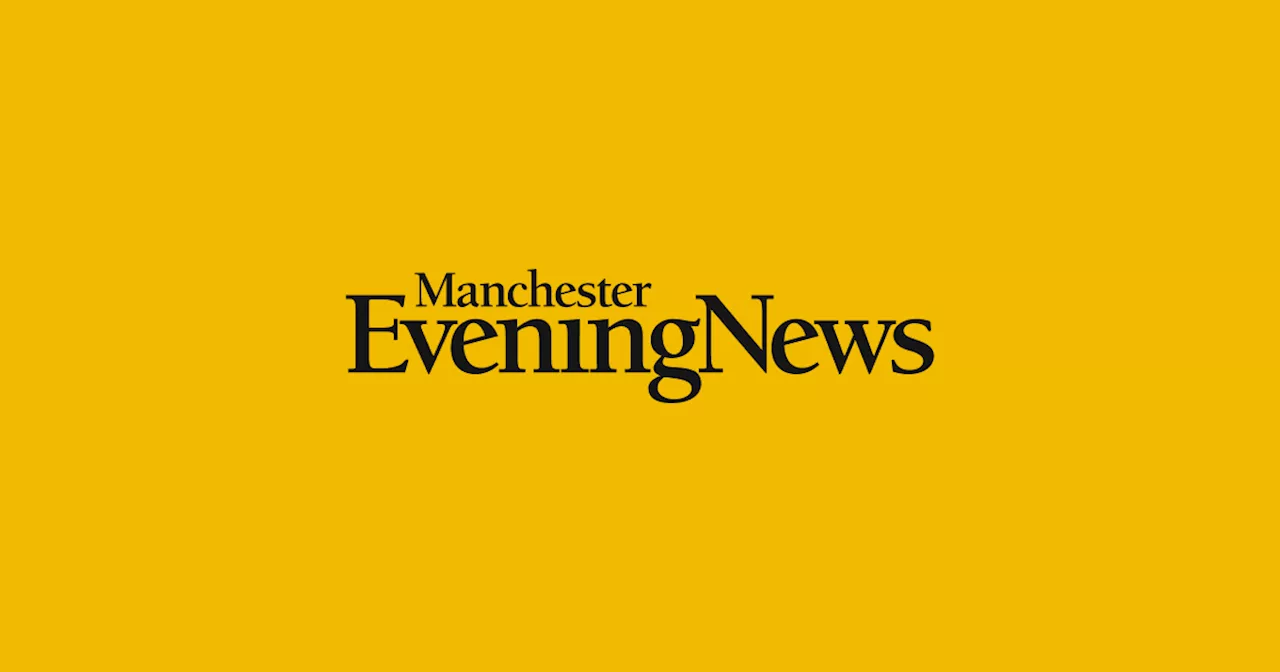 Manchester Evening News: Number one for news, opinion, sport & celebrity newsManchester Evening News - Covering central and Greater Manchester, including news from Oldham, Rochdale and Glossop.
Manchester Evening News: Number one for news, opinion, sport & celebrity newsManchester Evening News - Covering central and Greater Manchester, including news from Oldham, Rochdale and Glossop.
Read more »
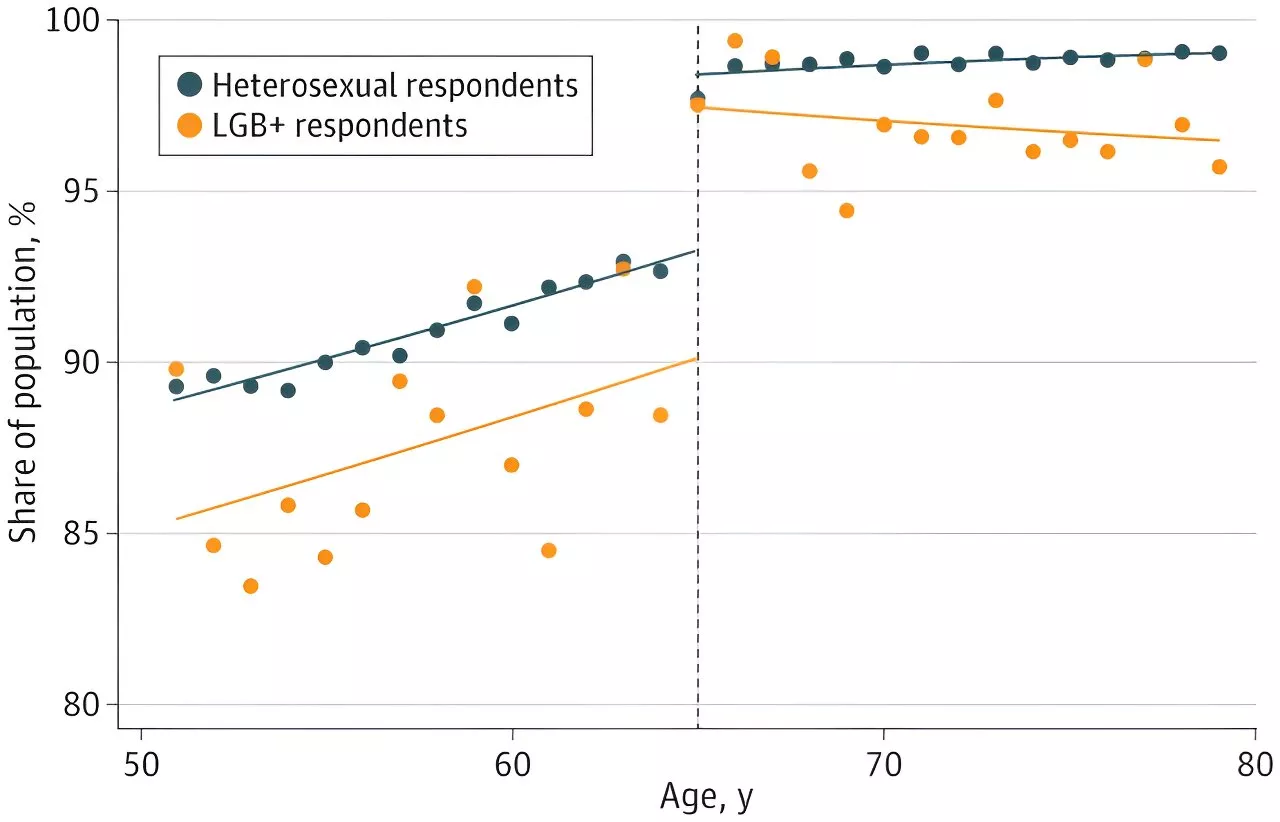 Study finds the LGBTQI+ population have less access to health care, worse health outcomes, less insuranceMembers of the LGBTQI+ population experience less access to health care, worse health outcomes, and higher rates of uninsurance than their counterparts, research has shown. To expand coverage and address health care disparities affecting LGBTQI+ populations, some U.S. lawmakers have proposed lowering the Medicare eligibility age from 65 to 60.
Study finds the LGBTQI+ population have less access to health care, worse health outcomes, less insuranceMembers of the LGBTQI+ population experience less access to health care, worse health outcomes, and higher rates of uninsurance than their counterparts, research has shown. To expand coverage and address health care disparities affecting LGBTQI+ populations, some U.S. lawmakers have proposed lowering the Medicare eligibility age from 65 to 60.
Read more »
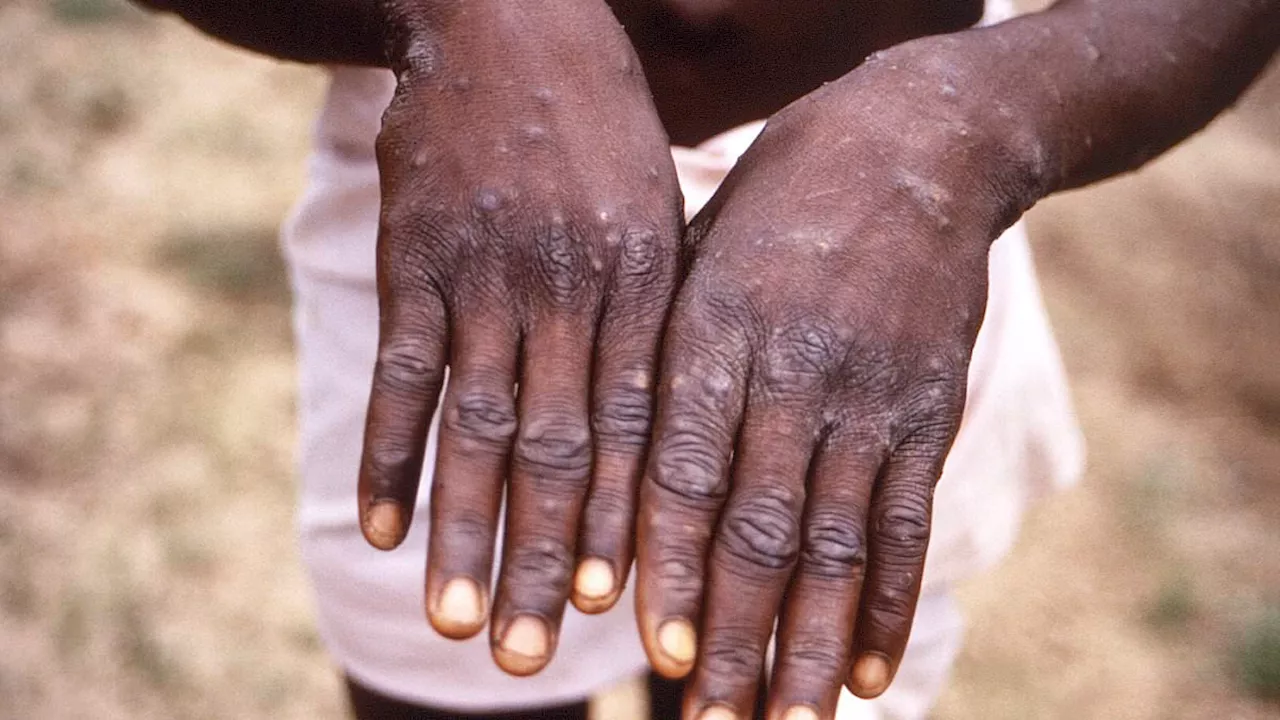 World Health Organization declares ultra-deadly monkeypox strain a public health emergency of...The World Health Organization on Wednesday declared mpox a global public health emergency for the second time in two years.
World Health Organization declares ultra-deadly monkeypox strain a public health emergency of...The World Health Organization on Wednesday declared mpox a global public health emergency for the second time in two years.
Read more »
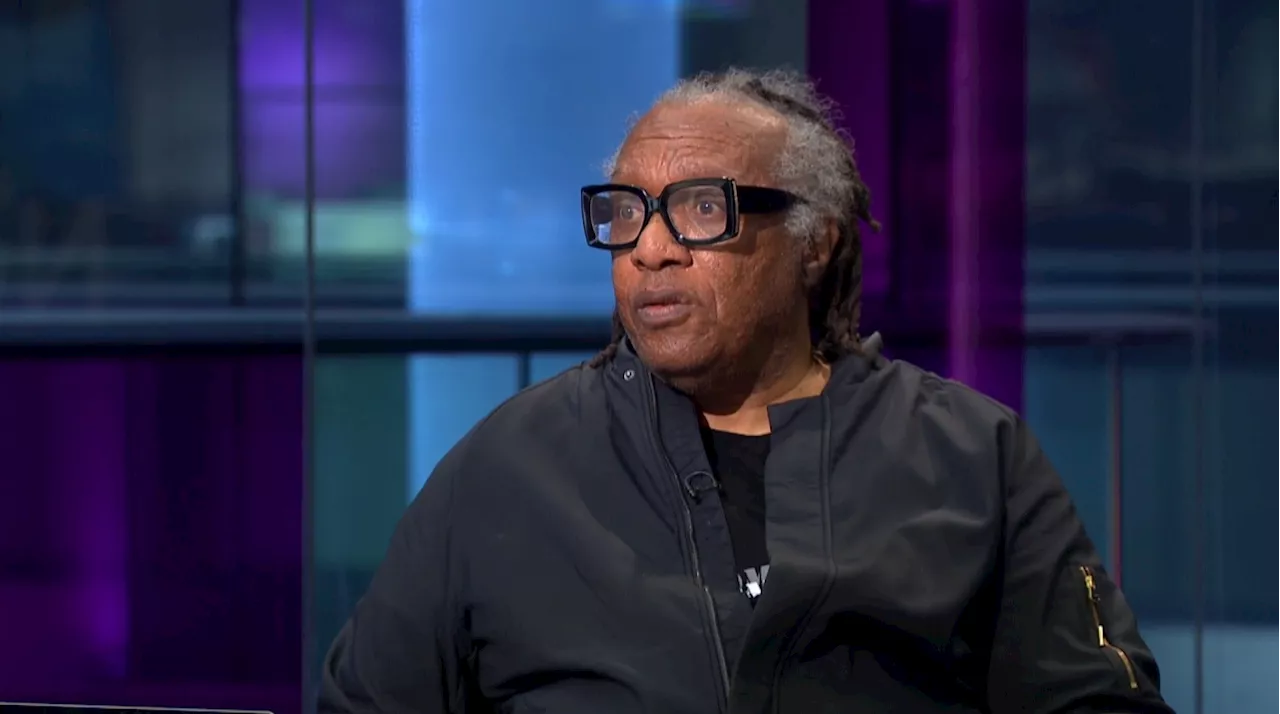 ‘Our mental health system has not been invested in’ – mental health consultant on Nottingham attacksWe spoke to Julian Hendy, the founder of the Hundred Families charity, and Dr Colin King, a mental health survivor who's become a practitioner himself.
‘Our mental health system has not been invested in’ – mental health consultant on Nottingham attacksWe spoke to Julian Hendy, the founder of the Hundred Families charity, and Dr Colin King, a mental health survivor who's become a practitioner himself.
Read more »
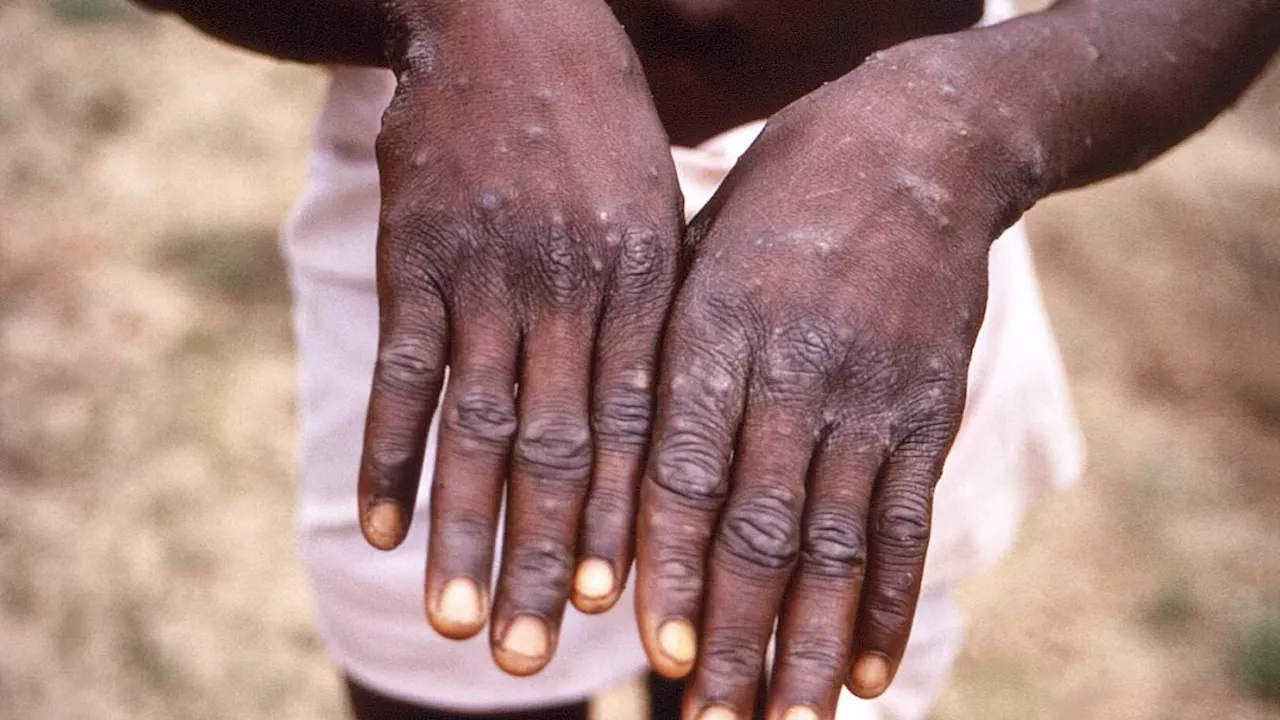 World Health Organization declares ultra-deadly monkeypox strain a public health emergency of...The World Health Organization on Wednesday declared mpox a global public health emergency for the second time in two years.
World Health Organization declares ultra-deadly monkeypox strain a public health emergency of...The World Health Organization on Wednesday declared mpox a global public health emergency for the second time in two years.
Read more »
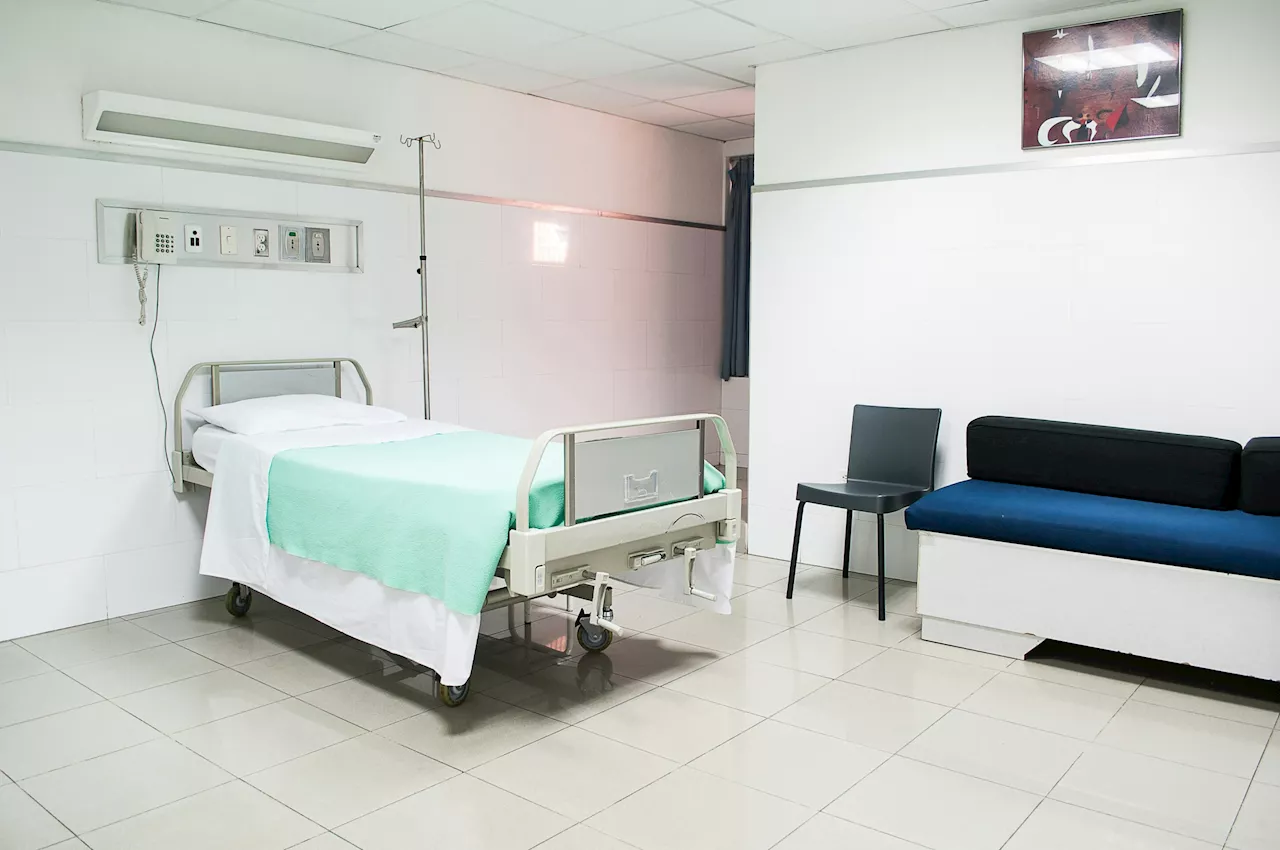 Intervention for cleaning shared health care equipment could significantly reduce health care–associated infectionsCleaning shared medical equipment at least once a day—even with a disinfectant wipe—can significantly reduce infections in hospitals and possibly save lives, new research shows.
Intervention for cleaning shared health care equipment could significantly reduce health care–associated infectionsCleaning shared medical equipment at least once a day—even with a disinfectant wipe—can significantly reduce infections in hospitals and possibly save lives, new research shows.
Read more »
